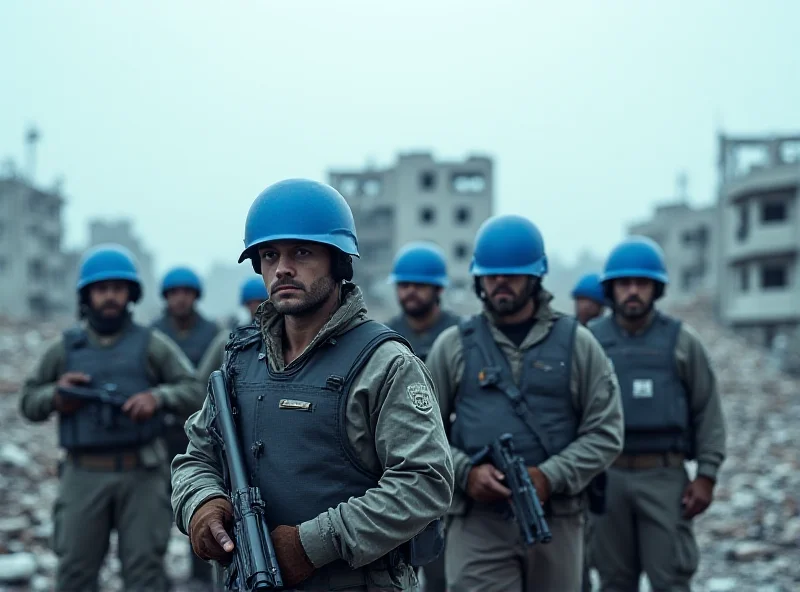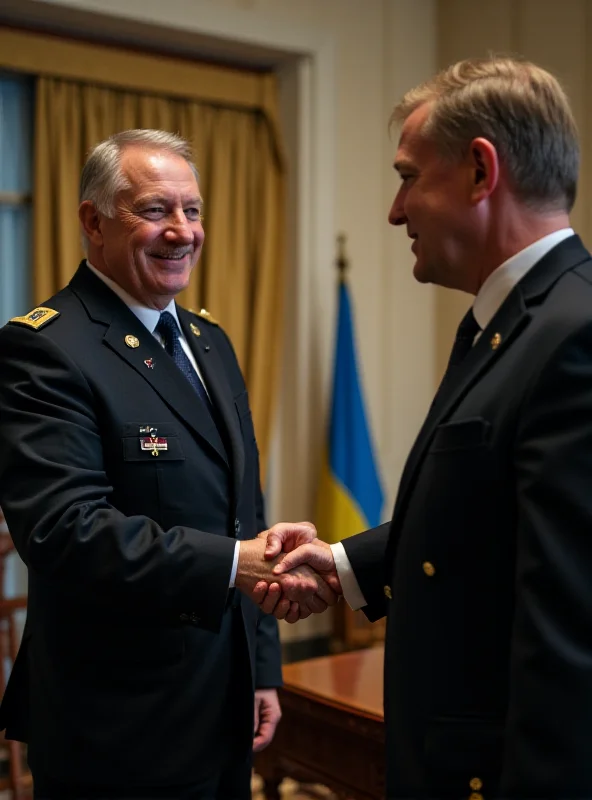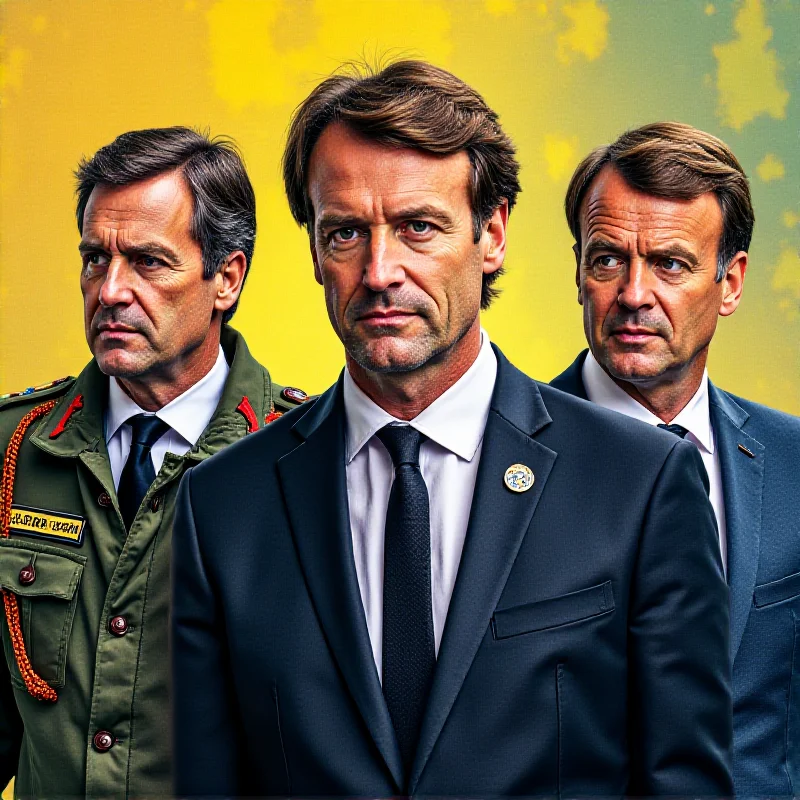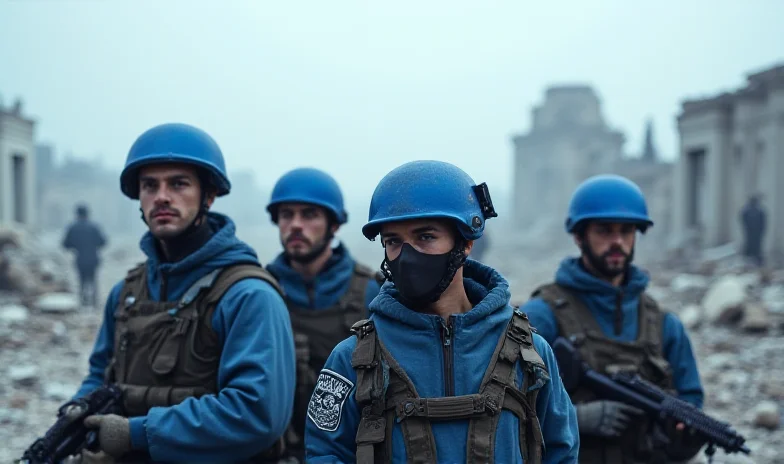The ongoing situation in Ukraine remains complex, marked by a combination of diplomatic efforts, economic considerations, and lingering questions about the future. From the potential deployment of peacekeeping forces to significant mineral agreements and high-level talks, the landscape is constantly evolving.
Peacekeeping: A Logistical and Political Hurdle
The idea of deploying peacekeeping units to Ukraine is fraught with challenges. Logistically, such an operation would be incredibly demanding. More importantly, the political will to send soldiers into a conflict zone is lacking among many nations. The question remains: who is willing, and able, to contribute to a peacekeeping force in Ukraine?

The BBC's Analysis Editor, Ros Atkins, has also been delving into the complexities of the US-Ukraine mineral deal, highlighting both the confirmed details and the remaining uncertainties. This deal could be a significant step in securing resources for both nations. More on that to follow.
The US-Ukraine Mineral Deal: A Closer Look
New conditions have been negotiated in a rare earth agreement between Ukraine and the United States. This agreement could be signed by President Volodymyr Zelensky during a visit to Washington. The specifics of the deal remain somewhat opaque, but it's clear that access to rare earth minerals is a key component.
This deal underscores the strategic importance of Ukraine, not only in terms of geopolitical security but also as a source of valuable resources. The agreement signifies a strengthening of ties between the two nations, with potential long-term benefits for both economies.
Diplomatic Efforts Continue
Amidst the ongoing conflict, diplomatic efforts are continuing. Beáta Jurík recently visited Kyiv and held talks with Ukrainian officials, including President Volodymyr Zelensky. The discussions focused on critical issues, demonstrating the ongoing commitment to finding a resolution.

The World Bank estimates that the reconstruction costs in Ukraine could reach a staggering $524 billion. The British Foreign Minister has called for the confiscation of Russian assets to help fund this reconstruction. French President Macron has suggested that a ceasefire in Ukraine could be achieved within weeks, providing a glimmer of hope for a swift resolution to the conflict. Czech Prime Minister Petr Fiala stated that Macron's conversation with EU leaders was very useful and important, showing the EU is also working on ways to help.

As the situation unfolds, the international community continues to grapple with the challenges of supporting Ukraine while navigating the complexities of international relations. The path forward remains uncertain, but diplomatic efforts, economic agreements, and considerations of peacekeeping operations all play a crucial role in shaping Ukraine's future.
